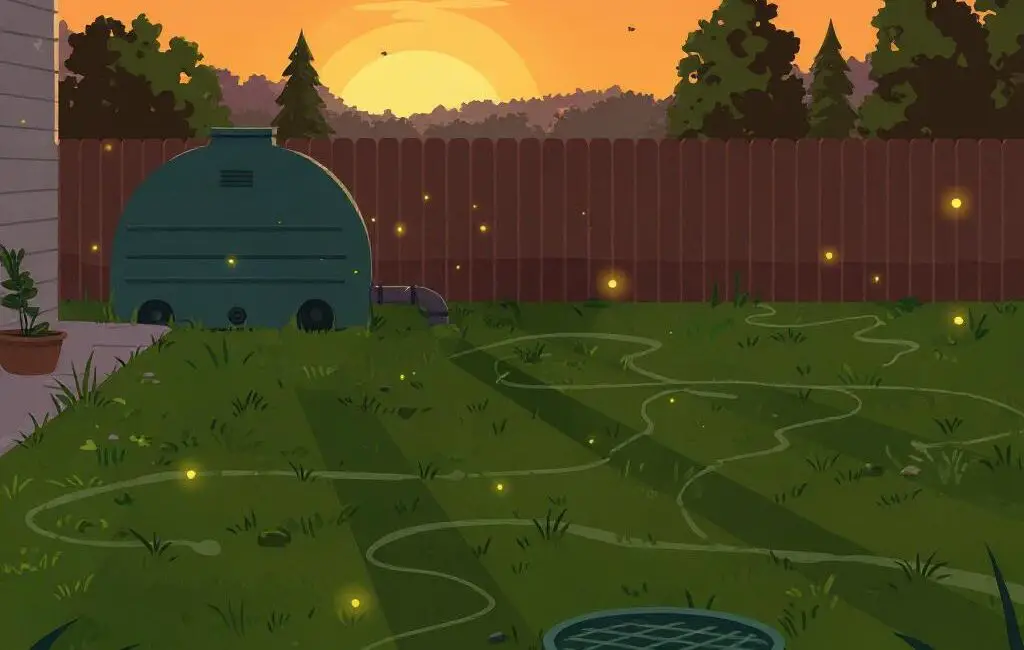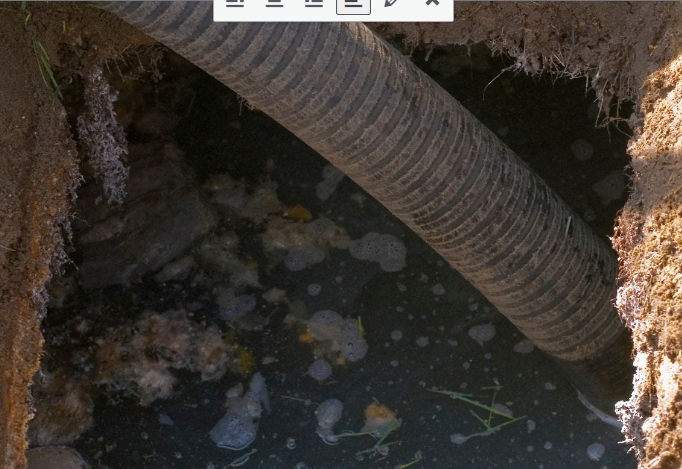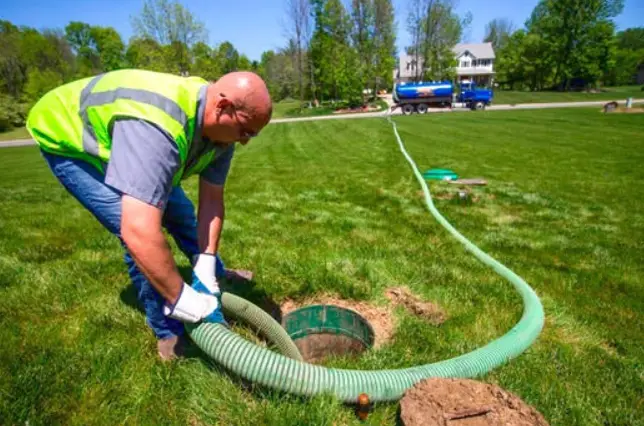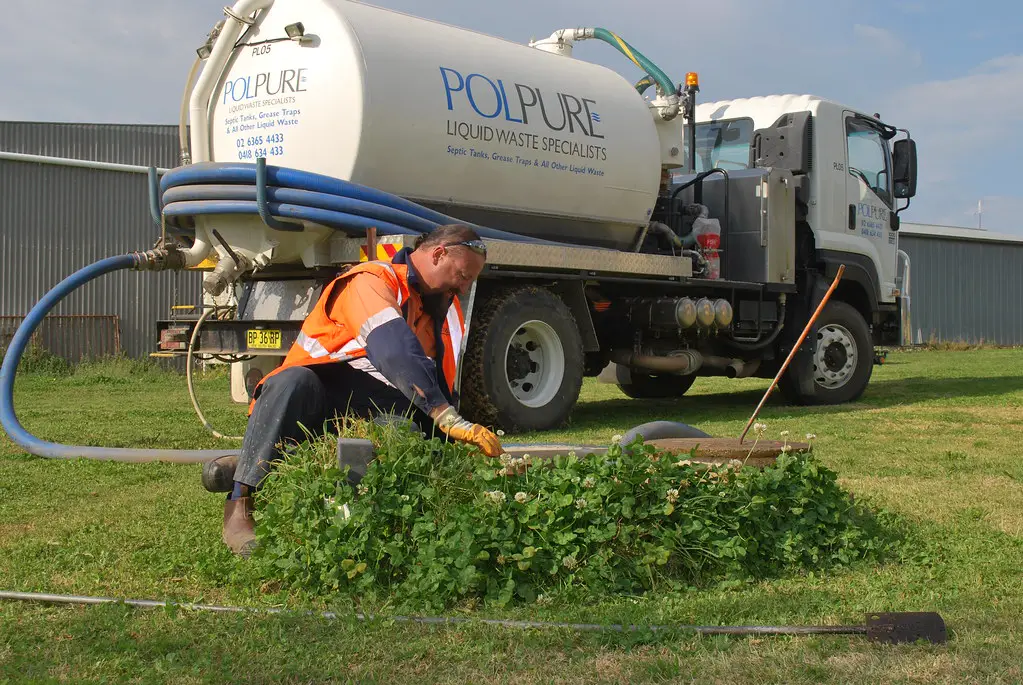Ever step outside on a hot day and get walloped by a rotten egg stench that makes you question your life choices? If your septic system seems to unleash its worst smells every summer, you’re not alone—and you’re not doomed to a season of holding your nose. This article reveals why septic tanks smell worse in summer, what winter can teach us about odor control, and how you can banish those foul fumes for good. If you’re tired of embarrassment, headaches, or just want your backyard back, keep reading for the real solutions (and surprising science) behind septic smells.
Article Outline
- Why Septic Tanks Smell Worse in Summer
- What Happens to Your Septic in Winter?
- The Science of Septic Odors: What’s Really Going On?
- Common Causes of Septic Smells (And How to Spot Them)
- Lessons Winter Teaches Us About Odor Control
- Practical Steps to Prevent and Fix Summer Septic Odors
- Expert Tips and Real-World Advice
- Frequently Asked Questions
- Final Thoughts: Enjoying an Odor-Free Summer
Why Septic Tanks Smell Worse in Summer
Summer heat doesn’t just make you sweat—it supercharges your septic tank’s odor game. When the temperature rises, so does the activity of bacteria inside your tank. These bacteria work overtime to break down waste, and in the process, they release gases like hydrogen sulfide (that infamous rotten egg smell), methane, and ammonia. The hotter it gets, the faster this breakdown happens, and the more intense the odors become.
But there’s more: Warm weather can also dry out the soil around your drain field, making it harder for gases to dissipate underground. Instead, they rise up and out—sometimes right into your yard or even your home[4][3].
— Dr. Emily Carter, Environmental Microbiologist
What Happens to Your Septic in Winter?
Winter brings a different set of challenges—and a surprising break from the stink. Cold temperatures slow down the bacteria in your septic tank, reducing the rate at which waste is broken down. This means fewer gases are produced, and the ground (often frozen or saturated with snowmelt) can trap odors underground.
However, when spring arrives and the ground thaws, all that pent-up bacterial activity resumes at once, sometimes causing a sudden surge in smells as the system “wakes up”[2].
— Mark Jensen, Septic System Engineer
The Science of Septic Odors: What’s Really Going On?
Septic odors are a sign that something is off—or just working overtime. Here’s what’s happening inside your tank:
- Anaerobic Decomposition: Septic tanks rely on bacteria that break down waste without oxygen. This process produces hydrogen sulfide (rotten egg smell), methane, and ammonia[3][8].
- Poor Ventilation: If your system’s vent pipes are blocked or too short, gases can’t escape properly and may seep into your yard or home[3].
- System Overload: Heavy water use (think summer guests, sprinklers, or laundry marathons) can overwhelm your system, leading to more waste and more gas production[3][4].
- Chemical Interference: Harsh cleaners and antibacterial products kill the good bacteria, slowing waste breakdown and increasing odors[3][5].
Common Causes of Septic Smells (And How to Spot Them)
Not all septic smells are created equal. Here’s how to decode the stink:
| Odor Type | Likely Cause | What to Check |
|---|---|---|
| Rotten Egg | Hydrogen sulfide from anaerobic bacteria | Full tank, blocked vent, or poor bacterial balance[8][9] |
| Musty/Earthy | Standing water or sewage leak | Saturated drain field, leaky pipes, or cracks in tank[8] |
| Sewage/Manure | Backup, overflow, or leak | Overflowing tank, drain field problems, or pipe damage[9] |
Other red flags: Smells inside the house can mean dried-out P-traps, failed wax seals under toilets, or clogged drains[7][6].
Lessons Winter Teaches Us About Odor Control
Winter’s chill gives us a few key lessons for keeping septic odors at bay year-round:
- Slow Down the System: Just as cold slows bacteria, reducing water and waste flow gives your system time to process material and prevents overload.
- Keep Moisture Balanced: Frozen or saturated ground in winter can trap odors. In summer, dry soil lets gases escape. Maintaining healthy soil moisture around your drain field helps regulate odor release[2].
- Regular Maintenance Matters: Don’t wait for spring or summer to pump your tank. Regular pumping and inspections prevent buildup and surprise odors when temperatures rise[7].
— Lisa Grant, Licensed Septic Inspector
Practical Steps to Prevent and Fix Summer Septic Odors
Ready to reclaim your summer? Here’s how to stop septic smells before they start:
- Pump Your Tank Regularly: Every 3-5 years is standard, but heavy use or large households may need more frequent service[7][4].
- Check and Clean Drains: Keep P-traps filled with water and check for clogs. Pour a cup of baking soda down infrequently used drains weekly to neutralize odors[7].
- Install Activated Carbon Filters: Place these on vent pipes to trap odor-causing gases before they reach your yard or home[5][6].
- Protect Your Bacteria: Avoid antibacterial soaps, bleach, or harsh chemicals. Use septic-safe cleaners and consider adding septic enzymes to boost bacterial health[5][6].
- Watch What You Flush: Only flush human waste and toilet paper. Keep coffee grounds, wipes, grease, and food scraps out of your system[4][7].
- Fix Leaks and Overflows Fast: Address plumbing leaks, overflows, or standing water near your tank immediately to prevent system overload and odor[8].
- Maintain Healthy Soil: Water your lawn and drain field as needed to prevent soil from getting too dry (which lets gases escape) or too saturated (which traps odors)[2].
Expert Tips and Real-World Advice
— John Miller, Master Plumber
- Schedule annual inspections to catch small problems before they become big (and smelly) ones.
- Use water wisely—spread out laundry, showers, and dishwasher loads to avoid overloading your system in hot weather.
- Keep records of pumping, repairs, and inspections for future reference and to spot patterns in odor issues.
- Educate your family and guests about what can and can’t go down the drain.
Frequently Asked Questions
Why does my septic tank smell worse after rain?
Rain can saturate the ground around your drain field, making it harder for wastewater to filter. This can push gases up and out, especially if the system is already overloaded or the drain field is failing[8].
Is septic smell dangerous?
Yes. Gases like hydrogen sulfide and ammonia are toxic in high concentrations or with prolonged exposure. If you notice strong, persistent odors, especially inside your home, call a professional immediately[7].
Can I use store-bought deodorizers or additives?
Some additives (like septic-safe enzymes) can help, but avoid anything that kills bacteria or promises a “quick fix.” The best solution is regular maintenance and proper system care[5][6].
How do I know if my septic tank needs pumping?
Common signs include slow drains, gurgling pipes, sewage backups, lush grass over the drain field, and—of course—persistent odors. When in doubt, call for an inspection[7][4].
Final Thoughts: Enjoying an Odor-Free Summer
You don’t have to dread summer or avoid your backyard because of septic smells. With a little knowledge, regular maintenance, and the right prevention steps, you can keep your system running smoothly and your air fresh all year long. Remember: your nose knows—if something smells off, it’s time to take action!
— Sarah Lin, Certified Wastewater Specialist




